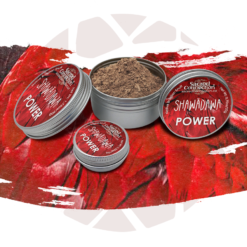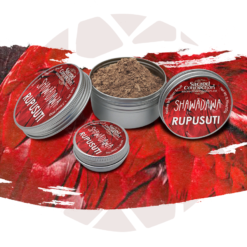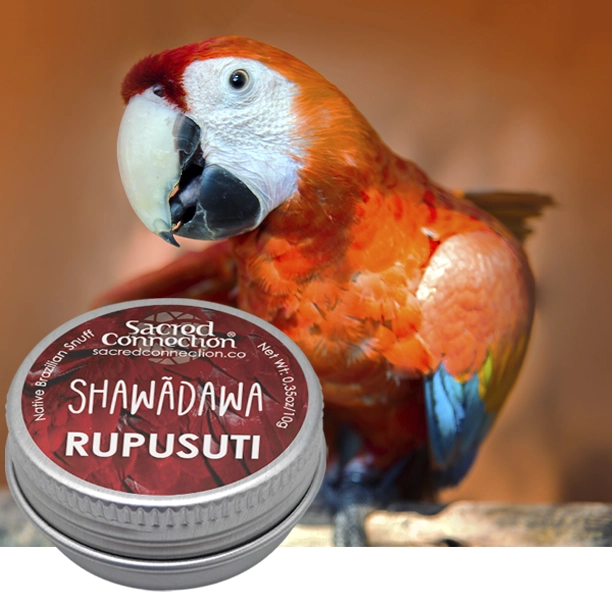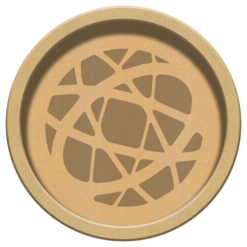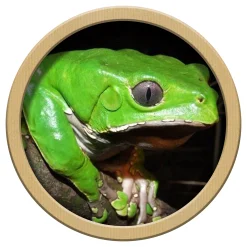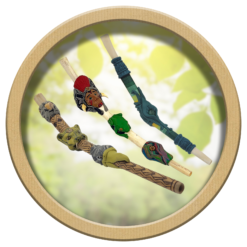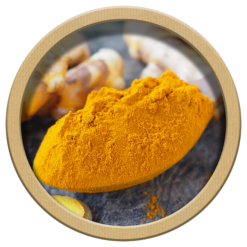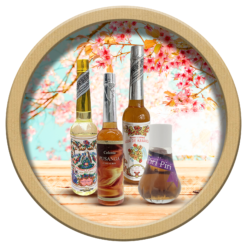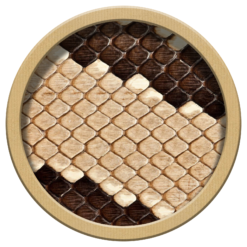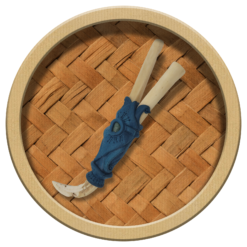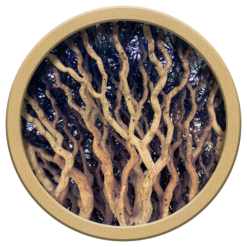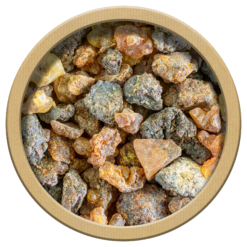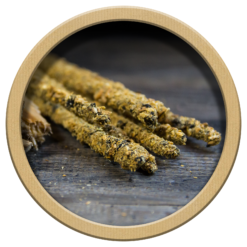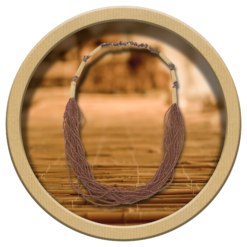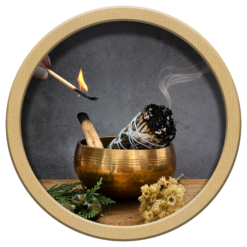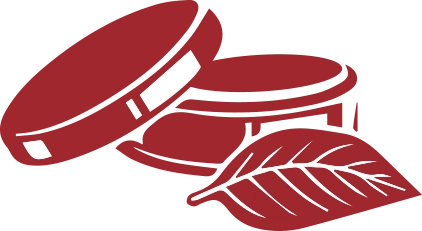Some words from Shawãkaya, our partner from the Shawãdawa nation: "We the Shawãdawa live around the upper Juruá River on four demarcated tribal lands. Read More...
Shawãdawa Snuff
Rapé, Sacred Snuff
Shawãdawa Snuff
Rapé, Sacred Snuff
Rapé, Sacred Snuff
The Macaw People
The Shawãdawa people are a community that has been present in Amazonian grounds for several ages now, whose history and customs have greatly contributed to the extraordinary diversity and complexity of indigenous traditions and culture throughout the Brazilian territory. The etymology of their name carries the meaning of Macaw (Shawã) and Family (Dawa), and other variations of their communities assigned name include Araranás (Arara meaning Macaw in Brazilian Portuguese), Xawanáua, Ararapina, and Tachinauás, among others, and the language spoken by them originates itself in the Pano linguistic group, which spreads itself across Brazil, Peru, and Bolivia.
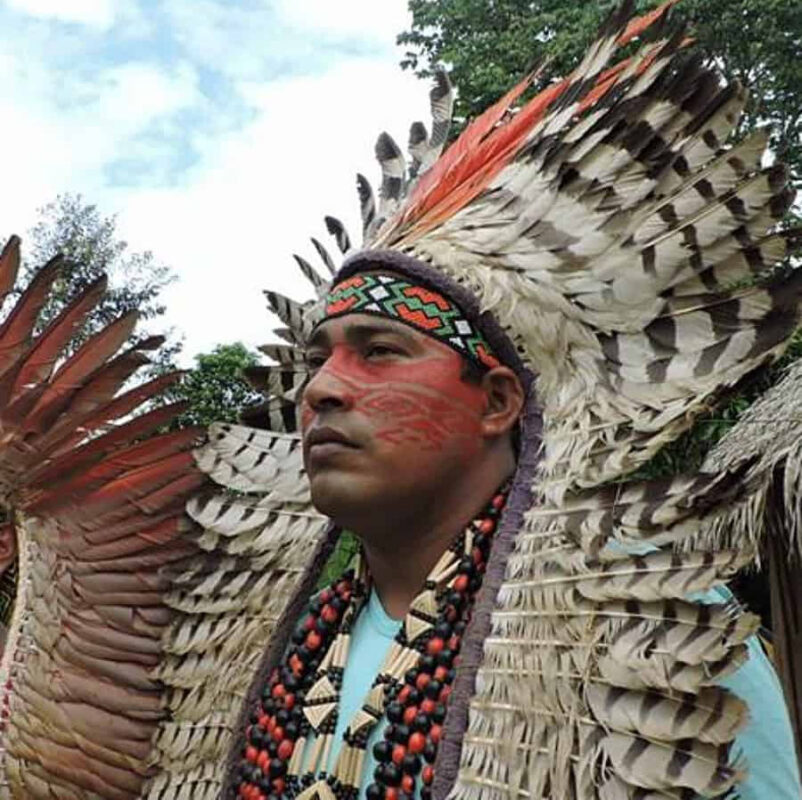
Like several other communities, dismally and sadly, their traditions have been hindered in the past due to, mainly, exploitation of territories and repression of customs by groups that sought the riches present in the land that had belonged to indigenous peoples. Yet over recent years, the Shawãdawa have been working on reverting the cultural deprivation suffered by the younger generations, focusing especially on reclaiming their language and passing down customs, lore, and rites that were nearly appropriated away from their own, and although there is still much to recover and work on, inspiring progress has been made as the rights to an enlargement of the territory that rightfully belongs to the Shawãdawa has been won back by the community.
Shawãdawa Rapé Snuff
In Shawãdawa culture and language, Rapé (indigenous shamanic snuff) is referred to as Rupusuty, a word which also evokes the idea of the study of medicinal plants that offer spiritual strength and the power to heal physical ailments of any degree. The practice of taking Rupusuty is just as sacred as in countless other traditions, and it demands immense respect and deep knowledge of all aspects of the production process and the following rites and diets that go into making use of this traditional medicine. It is the sort of tradition that the elders of the Shawãdawa community have been passing down to their descendants, hoping to immortalize revered knowledge and appreciation for their ancestry, along with rituals involving Sinbu (Ayahuasca) as well.
Browse our categories
Shop online on
Sacred Connection
Sacred Connection offers easy and secure online shopping for traditional medicines sourced directly from Amazonian communities. Our own housebrand products are ethically and sustainably sourced, and produced under direct supervision with standardized recipes. We offer excellent customer service and fast, secure shipping. Sacred Connection’s product range includes sacred snuffs, Sananga eye drops, and more.
We believe in making transformative medicines accessible to everyone at an unbeatable price. Shop with us for authentic and powerful products that have been used for centuries in traditional Amazonian cultures, and experience spiritual, physical, and emotional healing.
Take a look at others sacred snuffs!

Katukina Snuff
Katukina Rapé has been a customary snuff among Amazonian communities, applied for its spiritual and medicinal benefits. It is made by blending tobacco, ashes, and sometimes medicinal herbs. Its therapeutic and calming attributes have caused its popularity to grow steadily in recent times.

Puyanawa
The Puyanawa people of Acre high up in the Amazon use their Rapé and belief it to possess spiritual and medicinal qualities. They utilize it for multiple objectives, such as recovery, purification, and establishing a connection with the spiritual world. Puyanawa Rapé is frequently utilized in customary ceremonies and rituals, and it is viewed as a significant element of the Puyanawa culture's legacy.
Yawanawá
Yawanawá Rapé is one of the most traditional snuffs and has been used for endless generations by the Yawanawa people of Brazil. It is renowned for its grounding and uplifting properties, making it a popular choice for spiritual and ceremonial use. It is believed to help users connect with the spiritual realm of their ancestors and to enhance meditation and prayer practices.


